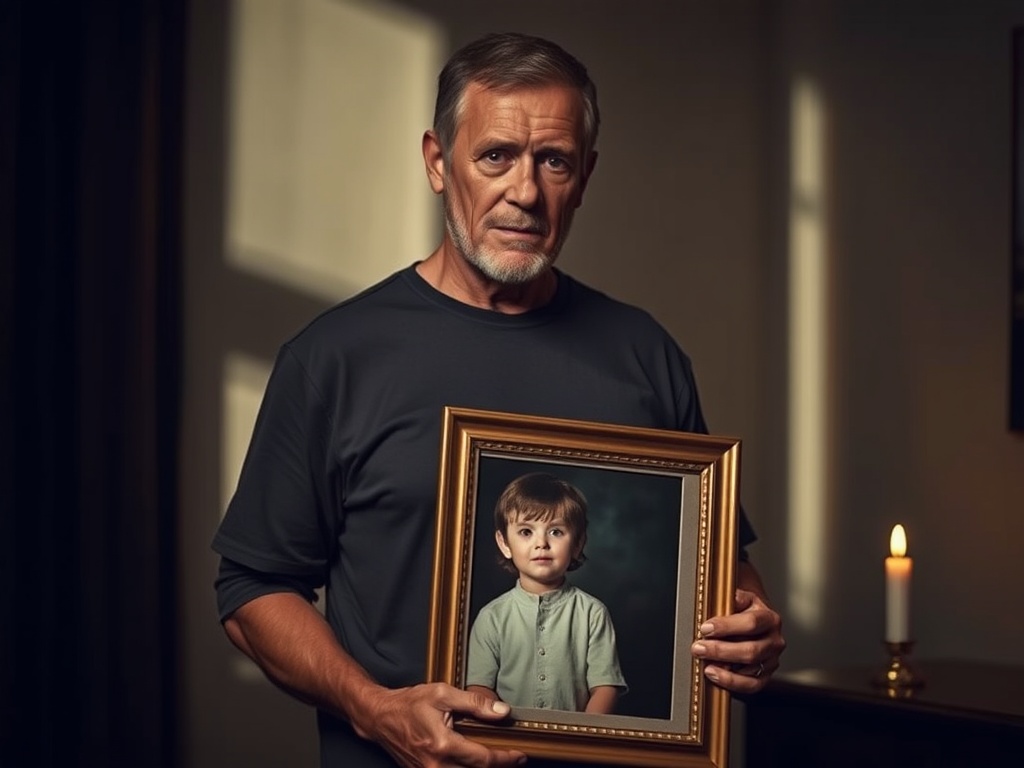Reflections on “Bridget Jones: Mad About the Boy”

I found myself utterly disillusioned with Bridget Jones: Mad About the Boy. Here’s why: Renée Zellweger’s perpetually fixed smile and her erratic emotional shifts were grating; the plot was absurd; the cast, while talented, felt strangely detached, with the notable exceptions of Hugh Grant and Nico Parker; and there were numerous avoidable missteps throughout. It seems that investors and filmmakers are simply capitalizing on the franchise because millions of fans remain enamored with Bridget, who is now portrayed as a widow and mother of two, yet still exhibits a startling level of immaturity.
A dear friend of mine, who is also a widow, expressed her dismay over the way grief is trivialized in the film. The idea that one can heal from the loss of a loved one by jumping into bed with a younger lover is, in her view, a gross oversimplification. “You try to connect with others,” she explained, “but the person you loved and lost is always present with you.”
What struck me most was Bridget’s ongoing dependence on male approval, even in her fifties. While young women today may enjoy greater sexual freedom, they often find themselves ensnared by societal beauty standards, fueled by anxiety and the relentless urge to please.
This reflection led me to contemplate my own feminist journey, which began in 1973 shortly after I relocated from Uganda to pursue a postgraduate course at Oxford University. At just 23, I was married to a charming man and forging new friendships. Some of these friends were radical feminists who held the belief that penetrative sex equated to rape—an utterly bewildering notion for a young woman who was attracted to her husband and dreamed of starting a family.
- One radical feminist friend took me to impassioned meetings in a cramped, stuffy room. Dressed in denim dungarees, I participated earnestly. One day, they initiated a bonfire in the garden, encouraging us to ceremonially burn our bras. I tossed my black, lacy one into the flames, tears streaming down my face as it disappeared.
That moment marked the beginning of my lifelong commitment to feminism. The 1960s ushered in significant advancements with the legalization of the pill and abortion. In the 1970s, we began to liberate ourselves from the constraints of our own narratives, fighting for equal rights in both domestic and public spheres. Influential figures during this time included the brilliant black writer Alice Walker and Britain’s insightful sociologist and historian, Sheila Rowbotham. Her works, Women, Resistance and Revolution (1972) and Hidden from History (1973), profoundly impacted my understanding of feminism.
In her book A Century of Women (1997), Rowbotham captured the fervor of our struggles by stating, “the resolve to break through restraints, defy the taboos around femininity and become new women was fierce and undeniable.” For us, the personal truly became political.
Margaret Thatcher, though not a feminist, was hailed as one by those who prioritized monetary success and power, epitomized by the Spice Girls. The self-centered ethos of the 1980s was characterized by hedonism and individualism. Bridget Jones matured during this era; in the first film, she is in her early thirties, navigating a turbulent cycle of cigarettes, alcohol, sex, and regrets.
In the sequel, she displays slight growth, but it’s minimal. By the third installment, she finds some semblance of stability with Mark Darcy, portrayed by Colin Firth, and becomes a mother of two. In this latest film, she is a widow. While she loves her children, her parenting skills appear lacking. The narrative expects us to believe that this scatterbrained character is a fantastic TV producer worthy of a comeback, which seems utterly implausible in the real world. Once again, her happiness is contingent upon a man who rescues her from her own shortcomings. This portrayal reflects a diluted and tamed version of feminism.
If we take a step back to examine the status of women and girls in Britain, we see a stark contrast. Yes, there are immensely powerful women in politics, media, and business, yet this empowerment does not equate to having it all. As Lisa Snowdon candidly shared in this newspaper about her past relationships, “I was in a vicious cycle of attracting narcissistic characters, the wrong people—ending up disappointed, hurt, and just used.” How many women today find themselves trapped in similar cycles of “love”?
The robust feminism I once championed has, over time, morphed into more accommodating and less combative forms, partially due to the fear of backlash and counter-attacks. Nevertheless, modern Britain remains perilous and unstable for women. Issues like rape, coercion, and abuse seem to persist unchallenged. Even more troubling is the way the internet has begun to normalize casual sex, hardcore pornography, and various forms of sexual violence.
In a recent interview with The Sunday Times, Louise Perry, the feminist author whose previous book The Case Against the Sexual Revolution became a bestseller in 2022, argued that the sexual revolution has left women vulnerable and exploitable, suggesting that society needs to adopt a more prudish stance. Coming from a background where sexual freedoms were nonexistent, I find this “solution” to be anathema. Yet, I too perceive that the liberated spirit of the 60s has gradually led Britain into a cycle of personal gratification, disconnecting us from more progressive movements.
The latest installment of Bridget Jones revels in a self-absorbed, apolitical narrative. Peter Bradshaw, in his review for The Guardian, remarked, “Zellweger looks as if she’s thinking about something else.” If that’s the case, I hope she is contemplating: “This is nonsense. I need to grow up and embrace my independence as a woman.”




